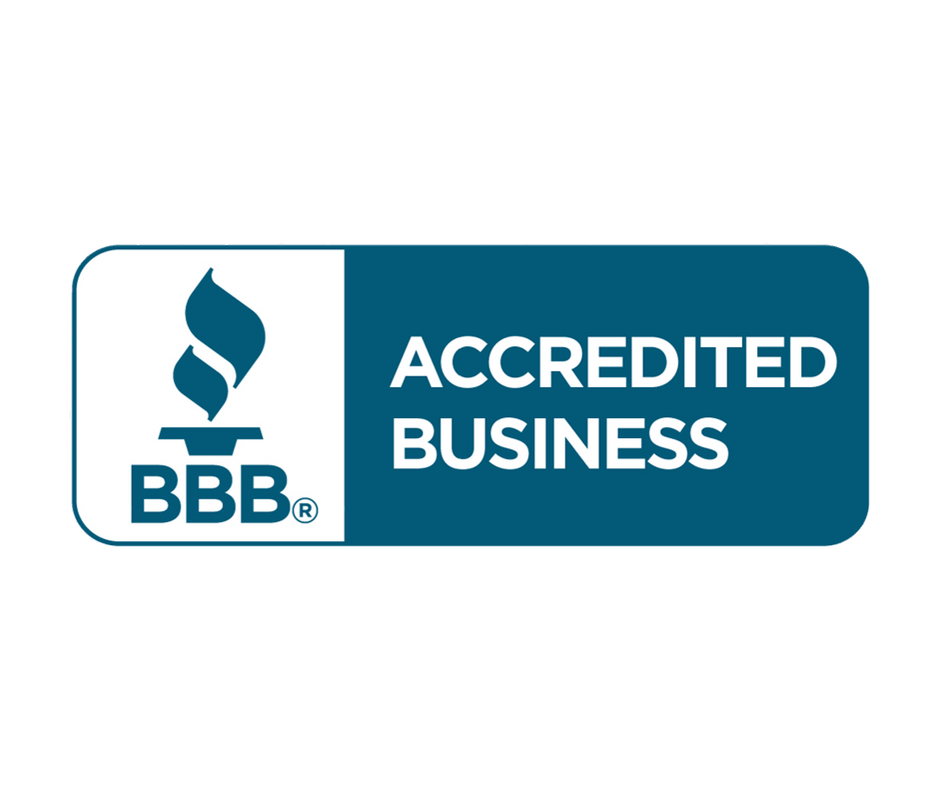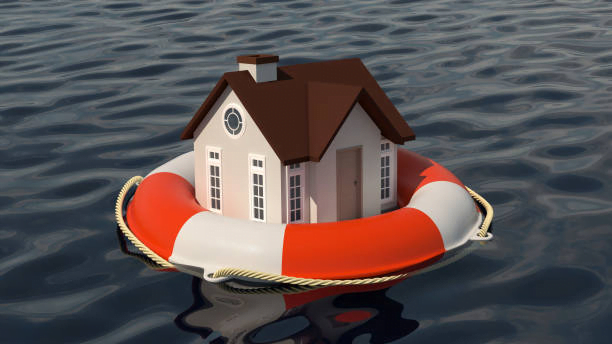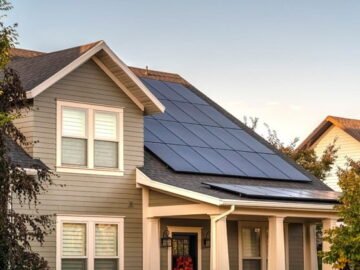Importance of Flood Insurance: Protecting Your Home and Finances
Importance of Flood Insurance: Protecting Your Home and Finances
Flooding is a Frequent Natural Disaster
In most parts of the world, flooding is the most frequent (and expensive) natural disaster. River overflow, storm surges from tropical storms and hurricanes, high rainfall, and other factors can all result in flooding. Every home has a little chance of being damaged by flooding, yet strangely, only a few houses have flood insurance.
Even an inch of flooding can cost $25,000, but homeowner’s insurance does not typically cover flood damage. Flooding can happen more than you realize, and if you don’t have that security in place, you might end up in more trouble than one. The following are some reasons why flood insurance is vital in protecting your home and finances.
What is Flood Insurance?
Flood insurance is an agreement between a homeowner or renter and an insurance provider. You consent to pay the insurance company a specific sum of money under the terms of this agreement to purchase the insurance for a year. This annual sum is known as the premium.
In return, the insurance provider offers to assist you in paying for flood damage to your home’s contents and structure during that year. The firm will offer significantly more assistance than the premium in flood damage. Also, you can renew flood insurance every year.
It is crucial to realize that most flood insurance policies will not pay for hotels or temporary accommodations you may need to stay in a while your property is cleaned or repaired. All plans offered under the National Flood Insurance Program are valid. Private flood insurance can give additional coverage, including the cost of living expenses, if you are forced from your home due to a flood.
Benefits of Flood Insurance
Standard Homeowner’s Insurance Does Not Cover Flooding
The types of damages that homeowners’ insurance covers and does not cover are very clearly outlined by insurers, and their insurance policies do not cover flood damage.
The two most typical types of homeowners’ insurance are the HO-2 or HO-3 policy, which you most likely have. Despite what you might think, they only cover a narrow range of water damage. For instance, floodwater accumulating on the ground outside and moving inside won’t be covered, according to ValuePenguin, a consumer information website from LendingTree. However, plumbing and rainfall damage might be. Flood insurance is generally expressly excluded from even more comprehensive homeowner’s policies because it is too expensive for most firms to cover under ordinary policies.

Flooding Is More Likely Than You Think
You’ve likely ruled out the necessity for flood insurance if you live far from water or in a tropical area. But even far from lakes or oceans, places can experience flooding. That’s why it is important to prepare for these unforeseen expenses as early as possible.
The Federal Emergency Management Agency divides regions into zones based on how susceptible they are to flooding. They can be classified as danger (Zone A), moderate or low risk (Zone B), or implausible overall (Zone C). Don’t assume you don’t need insurance just because you don’t live in Zone A. FEMA states that over 20% of National Flood Insurance Program claims are submitted in Zone B, and a third of payouts go to those areas, despite Zone B having an annual flooding risk of between 0.2 and 1.0 percent.
Other areas where your neighborhood can be vulnerable to flooding are those with a high risk of forest fires, densely populated urban areas, or regions with quick snowmelt, according to Policygenius’ Homeowners Insurance Lending Center. These are areas where huge amounts of water cannot be absorbed by the ground, causing pools to form above ground instead.
Flood Insurance Provides Coverage Beyond Replacement Flooring
Suppose you believe the money you saved on flood insurance premiums will be enough to cover the cost of new carpeting if your home floods. Think again. Flood damage can cause more than flooring issues, and the expenditures can become unmanageable.
Flood insurance covers more than just brand-new flooring, according to Policygenius’ Homeowners Insurance Lending Center, because standing water can harm more than just that. In addition to safeguarding against water damage, having flood insurance can also protect essential systems such as HVAC systems and electrical wiring from being ruined in the event of a flood.
The Cost and Coverage of Flood Insurance
The price of flood insurance depends on a property’s flood zone, the amount of coverage chosen, and other factors related to the structure. A building’s elevation, number of floors, and the existence of a basement are a few of its characteristics. The average yearly cost of NFIP policies for single-family houses is $1,098 inside the Special Flood Hazard Area (SFHA), generally known as the area with a 1% annual chance of flooding, and $492 outside the SFHA. The average SFHA single-family house insurance coverage is $738. The median price outside of the SFHA is $439.
Final Thoughts
Even if you don’t think you live in a high-risk region, flooding can still wreak irreparable damage to your home. Even an inch of water can cause damage to your house and its belongings since sump pumps don’t always keep water out. It is not enough that you have emergency funds. The most excellent method to guard against flood damage costs is to put money into the tools you’ll need to recover financially, in other words: flood insurance.
Brought to You by OutFactors
This information is provided by OutFactors, a home cash buyer. At OutFactors, we buy houses as-is for cash and close quickly. To get a great cash offer on your home, you just need to enter your address and answer a few simple questions about your house. The entire process only takes about 2 minutes, and personal information is NOT required. Yes, that is correct! No registration, no telephone number, no email address – not even your name.
If you get started now, 10 days later, you can be sitting at a table signing the closing documents and collecting the cash for your house. So get your cash offer now!
OutFactors
539 West Commerce Street
Suite 1205
Dallas, Texas 75208
Contact@OutFactors.com
(800) 420-7030
Importance of Flood Insurance | Protect Your Home | OutFactors – Dallas Fort Worth, Texas





